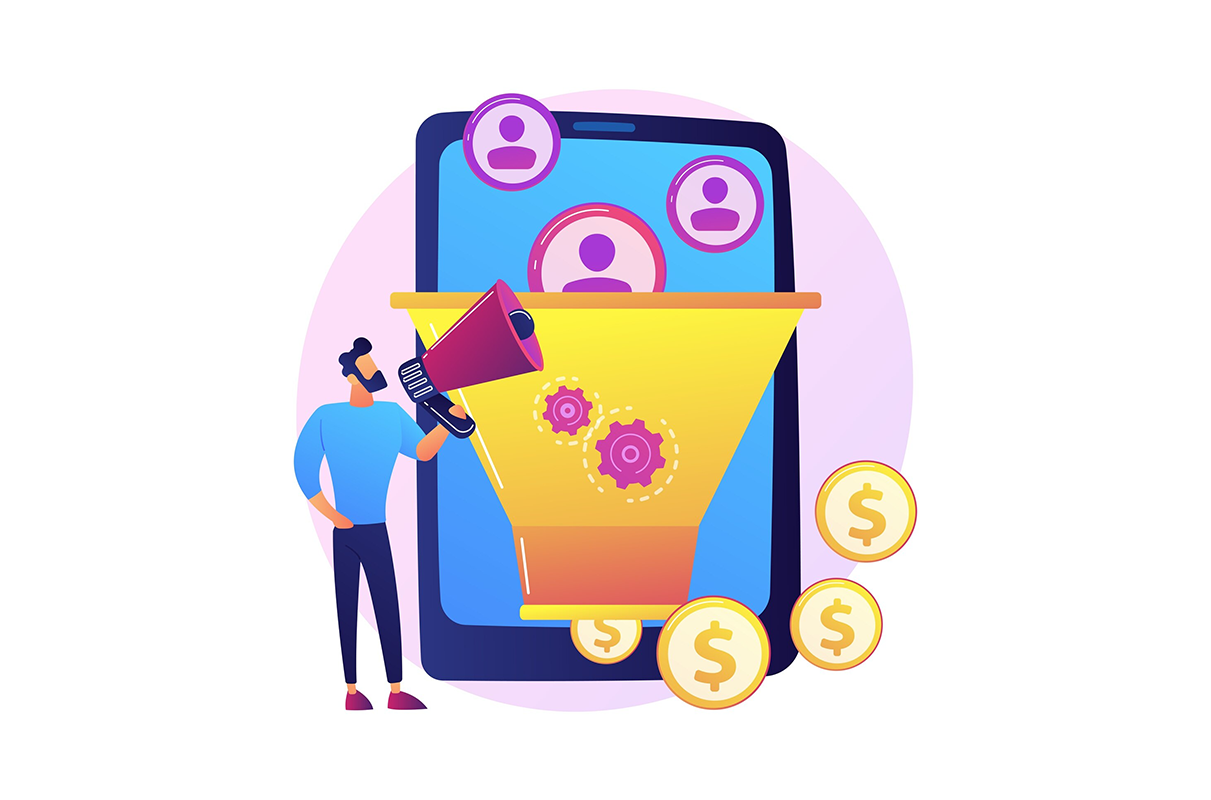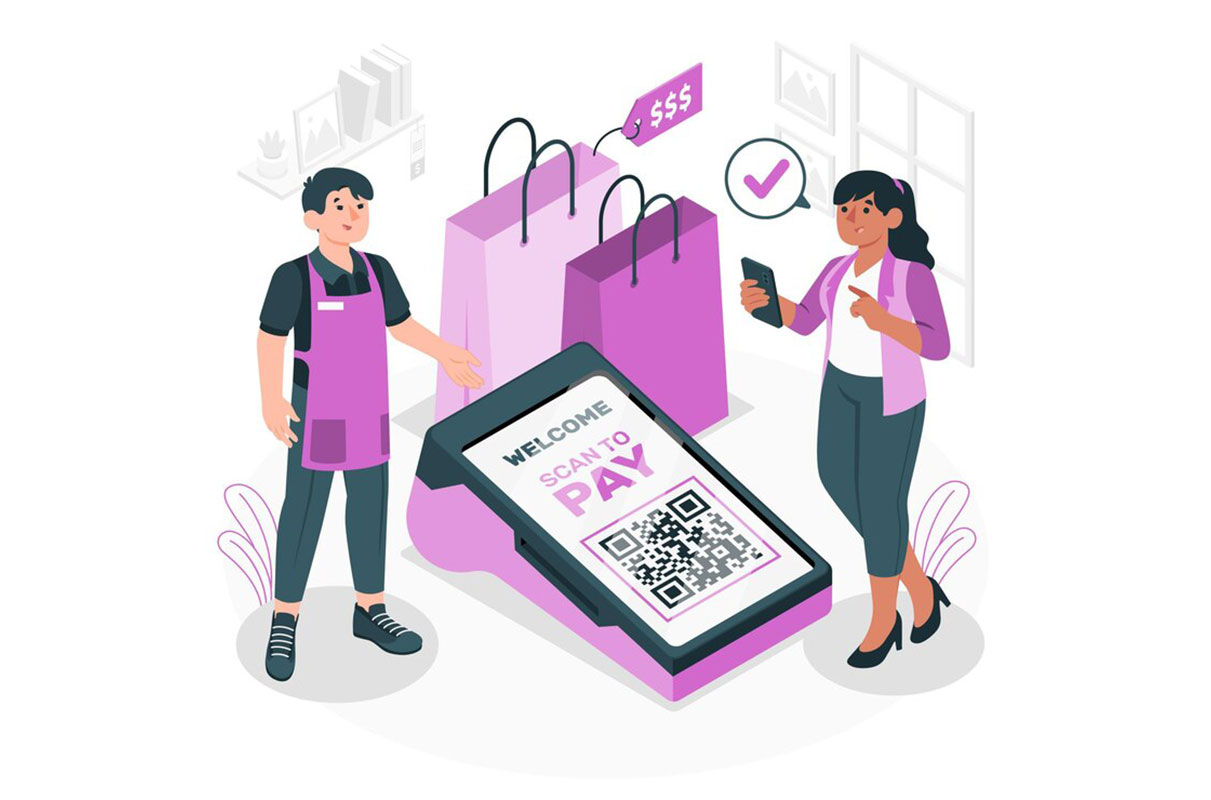In today’s competitive marketplace, effective dealer incentives and channel loyalty programs are essential to achieving sustained business success. As industries such as automotive and retail navigate the challenges of digital transformation, personalization has emerged as a strategic imperative. By leveraging data-driven insights and advanced CRM technologies, businesses can tailor loyalty programs to meet the unique needs of each dealer, thereby enhancing engagement, driving performance, and fostering long-term channel loyalty. This article outlines the business case for personalization in loyalty programs, presents actionable strategies, and highlights best practices for implementing tailored dealer experiences. The insights shared here are designed to support marketing professionals and decision-makers in developing loyalty programs that not only align with overall business objectives but also deliver measurable results.
The Business Case for Personalization in Loyalty Programs
Personalization in loyalty programs involves the strategic customization of rewards, communication, and incentive structures to address the specific needs and performance metrics of individual dealers. In an era where customers increasingly expect personalized interactions, it is equally important for dealer incentive programs to move beyond generic rewards.
Key Drivers of Personalization
Enhanced Engagement: Tailored incentives capture the unique motivations of each dealer, encouraging active participation and higher levels of engagement.
Improved Performance: When rewards align with individual goals and performance metrics, dealers are more likely to achieve—and exceed—sales targets.
Stronger Channel Loyalty: Personalized approaches build deeper relationships, reducing churn and increasing the overall lifetime value of dealer partnerships.
Competitive Advantage: In an increasingly digital marketplace, personalized loyalty programs differentiate your brand from competitors who offer one-size-fits-all solutions.
Defining Personalization in Dealer Incentive Programs
Personalization goes beyond simply addressing dealers by name. It encompasses a holistic approach that integrates data analytics, segmentation, and CRM systems to create bespoke experiences. This strategy involves:
Data Collection and Analysis: Utilizing CRM systems and mobile technologies to gather detailed information on dealer performance, preferences, and behavior.
Segmentation: Grouping dealers based on key performance indicators (KPIs), geographical regions, product specialization, or historical data.
Custom Communication: Developing targeted messaging that addresses individual achievements and areas for growth.
Tailored Rewards: Offering a diverse catalog of rewards—from training and exclusive events to performance bonuses—that resonate with the unique aspirations of each dealer.
By embracing these elements, businesses can transform traditional loyalty programs into dynamic, data-driven initiatives that drive both dealer performance and overall channel loyalty.
Core Benefits of a Personalized Loyalty Approach
Adopting a personalized strategy for dealer incentives yields several tangible benefits:
1. Increased Dealer Engagement
Relevance: Dealers receive rewards and communications that are directly relevant to their performance and business objectives.
Motivation: Personalized goals and incentives create clear pathways for achievement, boosting motivation and active participation.
2. Enhanced Channel Loyalty
Relationship Building: Tailored experiences foster trust and a sense of partnership between dealers and the brand.
Retention: Dealers who feel recognized and valued are more likely to remain loyal, reducing turnover and enhancing overall channel stability.
3. Improved Dealer Performance
Goal Alignment: Custom targets and incentives ensure that dealer efforts are aligned with the company’s strategic objectives.
Data-Driven Decisions: Continuous monitoring of performance metrics allows for real-time adjustments and targeted improvements.
4. Optimized Marketing ROI
Efficiency: Personalized programs minimize wasted resources on generic rewards that may not resonate with every dealer.
Scalability: Leveraging advanced technologies allows for the seamless scaling of personalized initiatives as your dealer network grows.
Steps to Implement a Personalized Dealer Incentive Program:
Transitioning from a generic to a personalized dealer incentive program requires a structured, data-driven approach. Here are the key steps to consider:
Step 1: Data Collection and Analysis
Integrate CRM and Mobile Technologies: Ensure your CRM system captures comprehensive data on dealer performance, preferences, and historical trends. Mobile integration can provide real-time updates and engagement.
Utilize AI and Analytics: Leverage AI-powered analytics to sift through data, identify patterns, and gain insights into dealer behavior. This allows for more accurate segmentation and targeted incentive planning.
Step 2: Develop Detailed Dealer Profiles
Segment Your Audience: Group dealers based on performance metrics, geographical data, or specific business segments. This segmentation is crucial for tailoring rewards effectively.
Build Comprehensive Profiles: Develop detailed profiles for each dealer that include performance history, preferences, and potential growth areas. Use these profiles to customize incentive programs.
Step 3: Design Customized Communication Strategies
Targeted Messaging: Develop communication plans that use personalized email campaigns, dashboards, and mobile notifications. Ensure that each message is relevant to the dealer’s achievements and business context.
Feedback Mechanisms: Implement regular feedback loops to gauge the effectiveness of your personalized communications. Adjust strategies based on dealer responses and evolving business needs.
Step 4: Tailor Your Reward Structures
Flexible Reward Options: Create a diverse rewards catalog that includes both tangible and experiential rewards. Options might include advanced training sessions, performance bonuses, exclusive events, or technology upgrades.
Set Custom Goals: Instead of imposing uniform targets, develop personalized goals that reflect each dealer’s unique business situation. This ensures that rewards are unattainable and motivating.
Digital Integration: Use digital platforms to display personalized dashboards that track progress and performance. This visibility fosters a sense of achievement and accountability.
Step 5: Monitor, Evaluate, and Optimize
Key Performance Indicators (KPIs): Establish clear KPIs to measure the success of your personalized incentive program. These might include dealer engagement rates, sales growth, and retention metrics.
Continuous Improvement: Regularly analyze performance data and adjust the program as needed. Implement periodic reviews to ensure the program remains aligned with business objectives and market trends.
Leverage Omnichannel Insights: Integrate insights from various channels (online, mobile, in-person) to refine your personalization strategies. This holistic approach ensures consistency and maximizes impact.
Business Case Example: Enhancing Dealer Performance Through Personalization
Consider the example of a leading automotive manufacturer that recently implemented a personalized loyalty program for its dealer network. Prior to the program, the manufacturer relied on standardized incentives that yielded inconsistent results. By partnering with a technology provider to integrate advanced CRM systems and mobile analytics, the manufacturer was able to:
Segment Dealers Effectively: Dealers were grouped based on regional performance, customer satisfaction scores, and historical sales data.
Implement Custom Goals: Each dealer received tailored targets aligned with their specific market conditions and business strengths.
Deliver Targeted Rewards: The program offered a range of incentives, including exclusive training modules, performance-based bonuses, and access to premium product launches.
Results:
Dealer engagement increased by over 30%.
Sales performance improved significantly, with some regions reporting double-digit growth.
The program fostered a stronger sense of channel loyalty, as dealers reported feeling more valued and recognized.
This case study illustrates the significant business benefits of moving away from generic loyalty programs to embrace a personalized approach that leverages data and digital transformation strategies.
Best Practices for a Successful Personalized Loyalty Program
To maximize the effectiveness of your personalized loyalty initiatives, consider the following best practices:
Invest in Advanced Technology: Ensure that your CRM, mobile platforms, and analytics tools are up-to-date and capable of capturing detailed dealer data.
Prioritize Data Quality: High-quality, accurate data is the foundation of successful personalization. Regularly audit your data sources and update dealer profiles accordingly.
Maintain Transparency: Clearly communicate the criteria for rewards and incentives. Transparency builds trust and ensures that all dealers understand how their performance is being measured.
Focus on Continuous Learning: Use data insights to continuously refine and improve the program. Regular training sessions and workshops can help dealers adapt to new incentive structures.
Foster a Culture of Recognition: Regularly celebrate individual and team achievements. Public recognition not only motivates dealers but also reinforces the value of the personalized approach.
Future Trends in Personalized Dealer Incentive Programs
As the digital landscape evolves, so too will the strategies for personalizing dealer incentive programs. Here are a few trends to watch:
Hyper-Personalization: Advances in AI and machine learning will enable even more granular personalization, with real-time adjustments based on dealer behavior and market dynamics.
Enhanced Omnichannel Integration: Seamless integration of online, mobile, and offline channels will provide a unified view of dealer performance, ensuring consistent and tailored experiences across all touchpoints.
Predictive Analytics: Leveraging predictive analytics will allow companies to anticipate dealer needs and proactively tailor incentives, further driving performance and engagement.
Blockchain for Transparency: Blockchain technology may be employed to create immutable records of rewards and transactions, enhancing transparency and trust in the loyalty program.
These trends underscore the importance of staying ahead of the curve and continuously innovating your loyalty strategies to meet evolving dealer expectations.
Crafting a Future-Ready Loyalty Program
In an increasingly competitive business environment, the ability to deliver personalized dealer incentives is a critical differentiator. By leveraging advanced CRM systems, mobile technologies, and data-driven insights, businesses can create tailored loyalty programs that drive engagement, improve performance, and build lasting channel loyalty.
A personalized approach not only aligns dealer incentives with individual business needs but also supports broader digital transformation efforts. The benefits are clear: increased dealer engagement, improved performance metrics, and a stronger, more resilient dealer network. If you are ready to elevate your dealer incentive programs with a personalized, data-driven approach, contact RewardPort today. Our advanced solutions are designed to help you implement effective, scalable, and future-ready loyalty programs that drive measurable business results. Embrace personalization and position your business at the forefront of digital transformation and channel loyalty. By adopting the strategies and best practices outlined in this article, you can transform your loyalty programs from generic offerings into powerful, personalized tools that fuel dealer success. The future of dealer incentives is here—ensure your business is prepared to capitalize on the opportunities that personalized loyalty programs offer.





